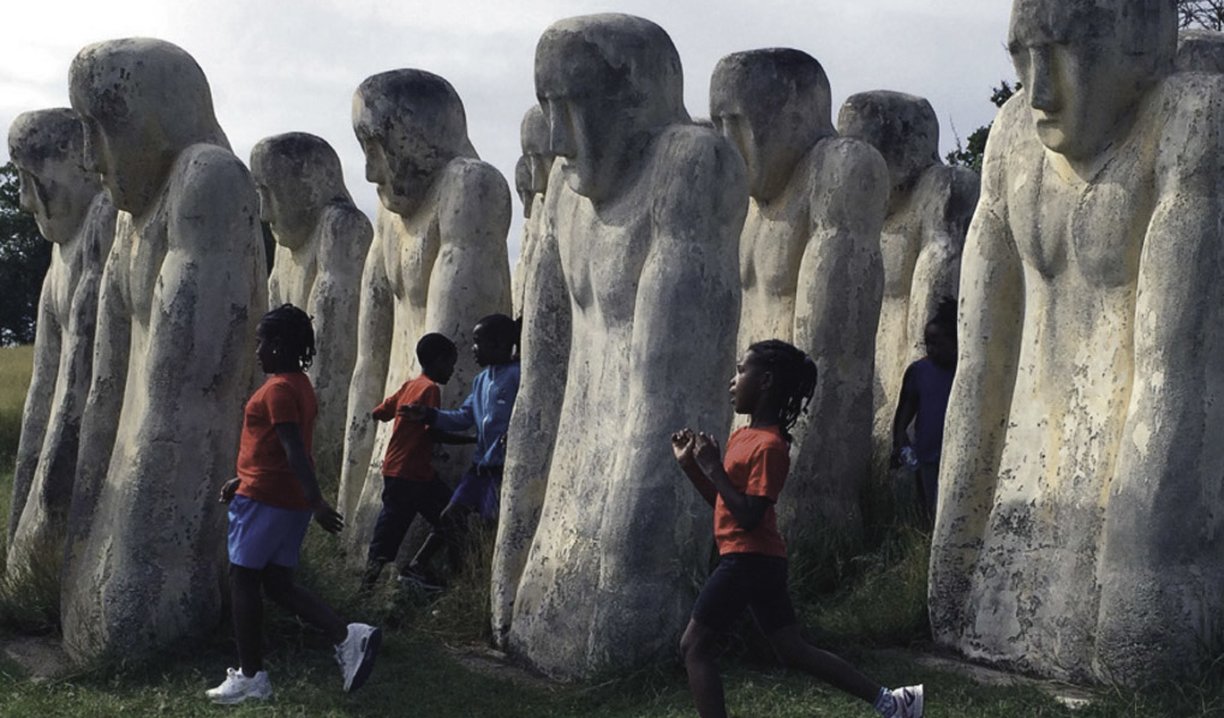This year’s Week of Prayer for Christian Unity took place from Thursday 18 January until Thursday 25 January last. The theme of this year’s Week is ‘That all may be free’, drawing inspiration from the churches of the Caribbean region, which is home to 1.4 million Christians of various ethnicities, languages and religious traditions.
In a reflection on the Week of Prayer, Father Kieran McDermott, Episcopal Vicar for Evangelisation and Ecumenism in the Archdiocese of Dublin said, ‘Christian prayer for unity is a humble but faithful sharing in the prayer of Jesus, who promised that any prayer in His name would be heard by the Father.’ The reflection was offered on the closing nights of the Week of Prayer at Saint Anne’s Church of Ireland Cathedral in Belfast, and in Saint Patrick’s Church of Ireland Cathedral in Armagh.
In his reflection, Fr McDermott said, ‘We gather during the Week of Prayer for Christian Unity to pray for the unity of all believers in Jesus Christ. This is not just a ritual act or a gesture of politeness that we repeat each year. It must reflect a genuine commitment and longing to attain the full visible unity of Christians. This desire is not just about something practical or useful or simply nice. It is the desire to fulfil the prayer of Jesus himself. Today the cooperation between Anglicans, Protestants, Orthodox and Catholic Churches, parishes and communities in preparing for and celebrating the week of prayer has become familiar practice.
‘We know that it has not always been like this we have all come a long way. This simple fact is in itself strong evidence for the effectiveness of prayer for unity. With confidence, joy and gratitude Christians today can say that “what unites us is much greater than what divides us” (UUS. n. 20, quoting Pope John XXIII).’
He continued, ‘Looking back over the last 50 years or so we can clearly see that it has been a fertile period of profound theological ecumenical work, the forging of deep and lasting friendships and openness to the future. What has been achieved has been an extraordinary comfort with one another and that is the area of grace, God’s grace working in individuals and Churches. Gone are the polemics, the uncharitable language, the mistrust from times past. They have been replaced by an authentic desire for prayer together, for theological study, and a desire for friendship. The stated goal of the Council Fathers was nothing less than “full visible communion in faith and in sacramental life, this is the ultimate goal of the ecumenical movement” (UR 8).’
Fr McDermott went on to say, ‘The goal of unity means we have to struggle together with what it means to be Christian and human in this messy world. Perhaps that conversation within the ecumenical movement has only just begun. We can say that the struggle of the ecumenical movement today is fundamentally a reflection of the challenges of the churches themselves.’
‘At the beginning I said that we are here with the desire to fulfil the prayer of Jesus. On the eve of his death, Jesus prayed “that they may all be one. As you, Father are in me and I in you, may they also be one in us, so that the world may believe that you have sent me” (Jn 17:21). It is significant that Jesus did not primarily express his desire for unity in a teaching or in a commandment to his disciples, but in a prayer, a prayer to his Father. Unity is a gift from above, stemming from and growing toward loving communion with the Father, Son and Holy Spirit. Christian prayer for unity is a humble but faithful sharing in the prayer of Jesus, who promised that any prayer in His name would be heard by the Father.
‘In our work and conversations we should try and keep before us Jesus’s prayer which points to the very heart of a healthy ecumenism: spiritual ecumenism and ecumenical spirituality. This means first of all prayer, for we cannot ‘make’ or ‘organise’ Church unity; unity is a gift of God’s Spirit, which alone can open hearts to conversion and reconciliation. There is no ecumenism without conversion and renewal, no ecumenism without the purification of memories and without forgiveness.’
Father McDermott concluded, ‘We are Christian by virtue of our baptism, making a difference in the world is our Christian vocation. Our ecumenical intent is to develop within ourselves a mind and a heart for unity. Sometimes I am asked, “What is happening ecumenically?” I usually answer by respectfully asking the person: “Well, what is going on in your heart?”
‘In conclusion, we should not be afraid to fulfil that baptismal vocation in society, even when some may want to limit the space for such a Christian presence. Remember that Jesus promised that he will always be with those he calls his friends (John 15.15): those he calls to himself in baptism and establishes with him as sons and daughters of his eternal Father. And so, we who share baptism in the name of the Father and of the Son and of the Holy Spirit, may be confident that Jesus has promised to be with us – to be with the other who shares that baptism. And when we are tempted to talk of an “ecumenical winter” or “crisis”, tempted to focus our attention only on the stresses and challenges between Christian churches, it is worth remembering that our God is a God who keeps his promise, as he did to the people of Israel, and that he has promised to be with us, all of us – together.’
Father McDermott’s full reflection can be found on www.irishchurches.org.
ENDS


